According to the World Economic Forum Global Gender Gap Report (2022), Pakistan ranks low in economic participation and opportunity, with a score of 0.331, placing it in the 145th position out of the countries surveyed. This score is just slightly above Afghanistan, indicating significant challenges in providing equal economic opportunities for women in Pakistan. Pakistan has achieved a significant milestone by improving its ranking in gender equality, marking a positive step forward compared to the previous year during the Imran Khan regime. It is important to consider that Pakistan faced a challenging situation in 2021 due to the global pandemic that affected the world.
Additionally, the report shows that Pakistan’s women’s education attainment score is 0.825, ranking it at 135th position. This suggests that women in Pakistan have relatively better access to education compared to other countries. However, despite their educational achievements, there is a concerning issue of unemployment among educated women in Pakistan.
The high unemployment rate among educated women in Pakistan points to systemic barriers and gender inequalities that prevent them from fully participating in the workforce. Factors such as cultural norms, societal expectations, and discriminatory practices may contribute to limited job opportunities for women, despite their education.
Addressing this issue requires concerted efforts from various stakeholders, including the government, private sector, and civil society. It is essential to create an enabling environment that promotes equal economic opportunities, challenges gender stereotypes, and eliminates discriminatory practices in recruitment and employment.
By providing support for women’s education and skills development, implementing inclusive policies, and fostering a culture of gender equality, Pakistan can work towards reducing the gender gap in economic participation and creating a more equitable and prosperous society for all.
The Gender Gap in Economic Participation and Opportunity in Pakistan
The gender gap in economic participation and opportunity in Pakistan remains a significant challenge, restricting the country’s progress towards gender equality. Despite improvements in educational attainment for women, there are still pervasive disparities in their access to and participation in the workforce.
Pakistan’s Low Ranking in Economic Participation and Opportunity
According to the World Economic Forum Global Gender Gap Report, Pakistan ranks low in economic participation and opportunity, occupying the 145th position with a score of 0.331. Despite previous challenges, Pakistan has made notable progress in its ranking on gender inequality, improving to 145th from 153rd place compared to 2021. This rank places Pakistan just slightly above Afghanistan, underscoring the urgent need to address the obstacles that hinder women’s economic empowerment.
Education Attainment in Pakistan and its Impact on the Gender Gap
While Pakistan is going through transformations in improving educational attainment for women, as evidenced by its score of 0.825 and ranking at 135th position, the translation of education into economic opportunities remains a challenge. Despite their educational achievements, many educated women in Pakistan face unemployment or limited job prospects.
Unemployment among Educated Women in Pakistan: A Concerning Issue
The high unemployment rate among educated women in Pakistan is a pressing concern that demands attention. It reflects systemic barriers and gender inequalities that restrict women’s full participation in the workforce. Despite their qualifications, educated women often face challenges in finding suitable employment opportunities.
Systemic Barriers and Gender Inequalities in the Pakistani Workforce
Various systemic barriers contribute to the gender gap in economic participation in Pakistan. Cultural norms, societal expectations, and discriminatory practices create hurdles for women seeking equal opportunities. Additionally, gender biases in recruitment and promotion processes further intensify the inequalities prevalent in the Pakistani workforce.
Cultural Norms and Societal Expectations: Impeding Women’s Economic Participation
Deeply rooted cultural norms and societal expectations reduce women’s economic participation in Pakistan. Traditional gender roles and biases limit women’s career choices and opportunities, leading to a gendered division of labour and reinforcing unequal power dynamics within the workforce.
Discriminatory Practices in Employment: A Hindrance to Equal Opportunities
Discriminatory employment practices exacerbate the gender gap in economic participation. Women face biases in recruitment, unequal pay, and limited access to senior positions. Such practices supplement gender inequalities, restrict women’s career advancement, and undermine their economic empowerment.
Addressing the Gender Gap: Stakeholders and Collective Efforts
Closing the gender gap in economic participation requires the collective efforts of multiple stakeholders. The government, private sector, civil society, and individuals must collaborate to implement effective solutions and promote gender equality in the workforce.
Government Initiatives and Policies for Promoting Gender Equality
The government plays a crucial role in promoting gender equality and reducing the gender gap in economic participation. Implementing policies and initiatives that address discriminatory practices, provide equal opportunities, and support women’s empowerment is essential. This includes promoting inclusive labour laws, enforcing pay equity, and encouraging women’s entrepreneurship.
Private Sector’s Role in Creating Equal Economic Opportunities
The private sector has a responsibility to encourage an inclusive and gender-equal work environment. Companies can introduce diversity and inclusion programs, address biases in recruitment and promotion, and implement family-friendly policies to support work-life balance. By creating equal economic opportunities, the private sector can contribute to closing the gender gap.
Civil Society and Non-Governmental Organizations: Driving Change
Civil society organizations and non-governmental organizations (NGOs) play a crucial role in driving change and advocating for gender equality in the workforce. They can raise awareness, provide support services, and collaborate with other stakeholders to address the underlying causes of the gender gap and empower women.
Empowering Women Through Education and Skills Development
Empowering women through education and skills development is essential for bridging the gender gap in economic participation. Access to quality education, vocational training, and mentorship programs can equip women with the necessary skills and knowledge to enter and thrive in the workforce.
Inclusive Policies for Promoting Women’s Employment
Inclusive policies are vital for promoting women’s employment and reducing the gender gap. This includes implementing maternity and paternity leave policies, promoting flexible working arrangements, and offering affordable and accessible childcare facilities. By removing barriers to women’s workforce participation, these policies can create a more equitable and supportive environment.
Challenging Gender Stereotypes: Breaking Barriers in the Workforce
Challenging gender stereotypes is crucial for breaking barriers in the workforce. Promoting diverse role models, encouraging women to seek non-traditional careers, and fostering an inclusive work culture that values diversity can help overcome societal biases and reshape perceptions about women’s roles in the economy.
Fostering a Culture of Gender Equality: Key to Closing the Gap
Creating a culture of gender equality is fundamental to closing the gender gap in economic participation. This requires changing attitudes, norms, and behaviours that perpetuate discrimination. By promoting gender-responsive policies, raising awareness, and fostering an inclusive and supportive environment, Pakistan can work towards achieving gender equality in the workforce.
Conclusion: Working Towards a More Equitable and Prosperous Pakistan
Addressing the gender gap in economic participation is crucial for building a more equitable and prosperous Pakistan. By acknowledging and addressing the systemic barriers and gender inequalities that hinder women’s economic empowerment, Pakistan can unlock the untapped potential of its women’s workforce, fostering inclusive growth and creating a more prosperous society for all.
FAQs:
- What is Pakistan’s ranking in economic participation and opportunity?
- How does education attainment in Pakistan compare to other countries?
- Why are educated women facing unemployment in Pakistan?
- What are the factors contributing to the gender gap in economic participation in Pakistan?
- What efforts are being made to address the gender gap in Pakistan’s workforce?
Read more about Imran Khan’s Success: Pakistan’s Improved Ranking in the Global Gender Gap

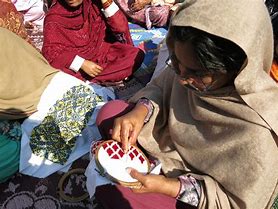

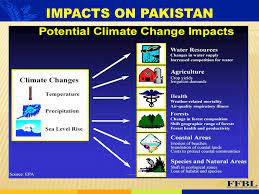
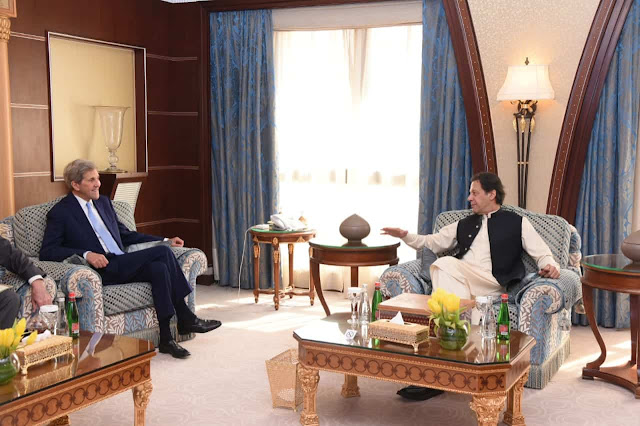
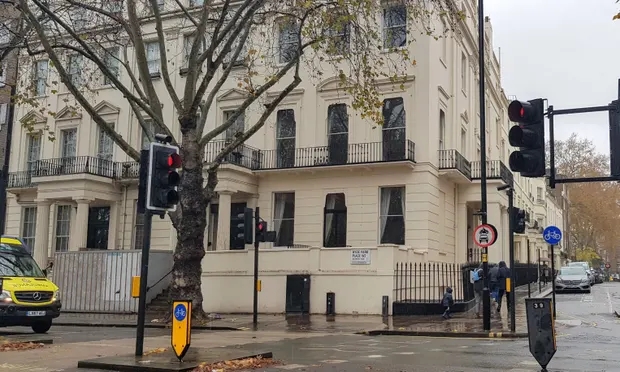
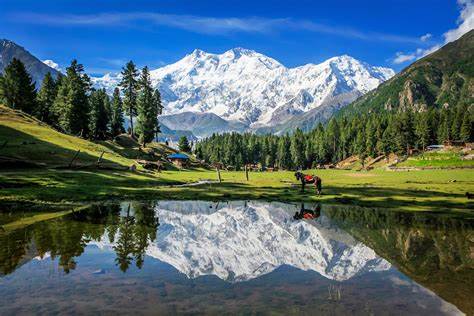
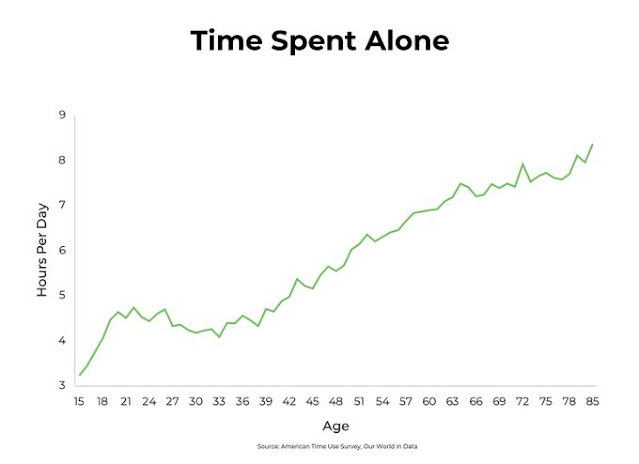


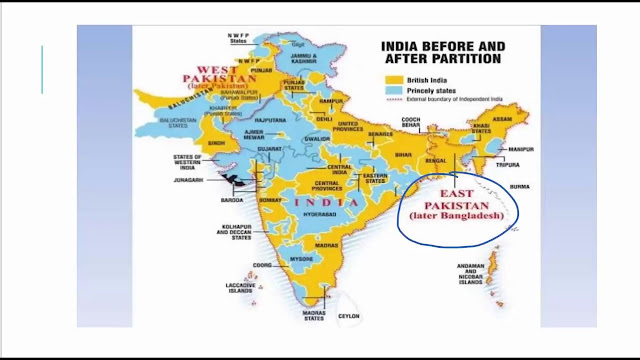
One Comment